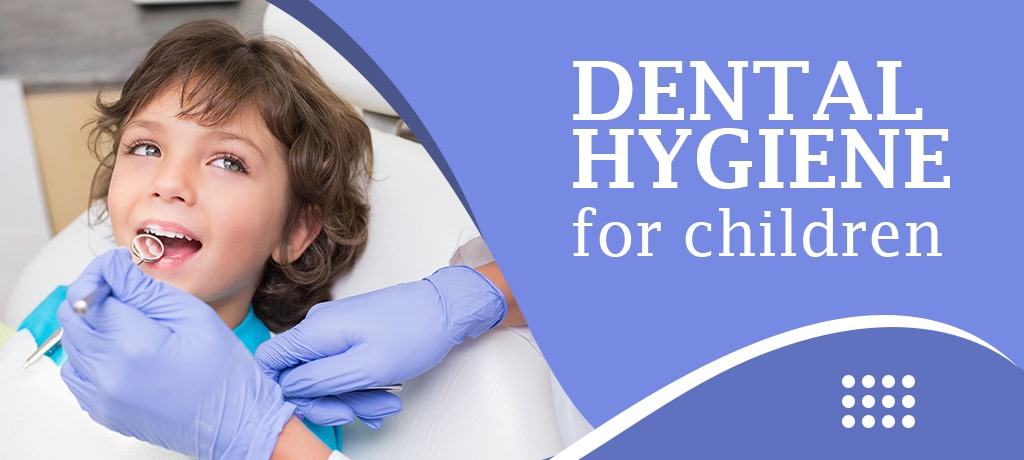Special offer checkups £45.50 (half price) available Tuesday and Thursday only. Until the 19th of May.

A child’s dental hygiene is important for dental and general health. Introducing your child to the right dental habits will help them develop a good oral care routine that remains with them throughout life.
The information below gives parents a guide on managing their children’s dental hygiene.
You can’t see a baby’s teeth immediately after birth since the teeth are still embedded in the gums. Babies start teething at about six months. You should start good oral care for the child when the first tooth erupts.
You can start with wiping the baby’s gums with a soft washcloth after feeding. Wiping the gums helps remove bacteria in the mouth that may cause decay. After the first tooth erupts, you can start using a toothbrush and fluoride toothpaste to clean the baby’s teeth twice daily.
Ensure the amount of toothpaste isn’t larger than a rice grain, and get the child a soft-bristled toothbrush.
Always take the bottle away after the child finishes drinking to prevent baby bottle decay. This condition occurs when babies drink juice, formula, or milk from a bottle for long periods. Baby bottle decay may also occur if the child always falls asleep drinking from a bottle.
Teething usually begins around six months, but some children start teething earlier. This often leaves the baby with uncomfortably sore ad red gums because the teeth are trying to push through the gum.
The common signs of teething are irritability, swollen gums, flushed cheeks, dribbling, and increased chewing.
The following can help your baby get through teething
In the past, dummies were essential for babies and seemed like a good solution to deal with teething issues, but dental experts advise against the constant use of dummies. Dummies apply pressure on the baby’s mouth and make emerging teeth move out of alignment.
Children usually have their baby teeth at age three. These are baby teeth or primary teeth. The baby teeth start to fall out at about six years, and then the permanent or adult teeth start to erupt. Most permanent teeth erupt by age 13.
You need to book your child’s first dental appointment when the first baby tooth comes in.
The following tips apply to ensure your child’s teeth are strong and healthy.
As a child grows older and more permanent teeth erupt, developing a regular dental care routine is necessary to keep the gums and teeth healthy. If often difficult to keep your pre-teen interesting in caring for their oral health. The following tips can help maintain your pre-teen’s teeth and gums.
You can book a dental hygienist appointment online for your child’s routine dental check-up and teeth cleaning.